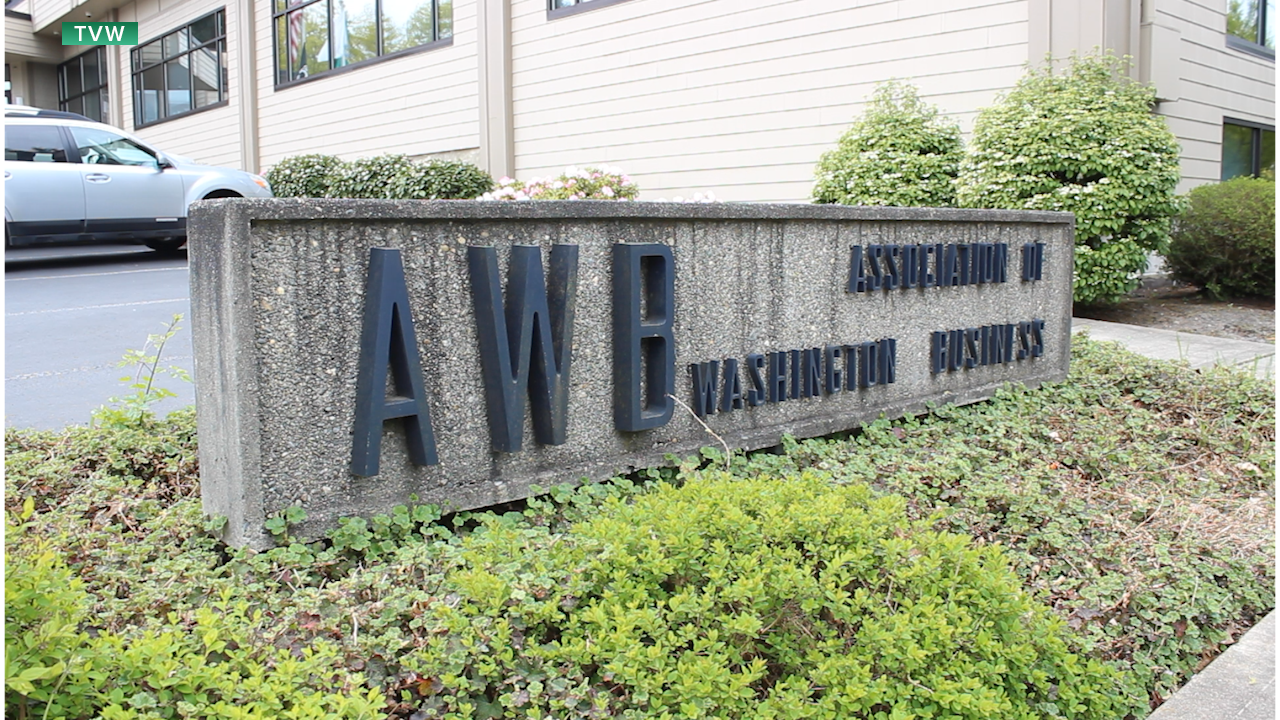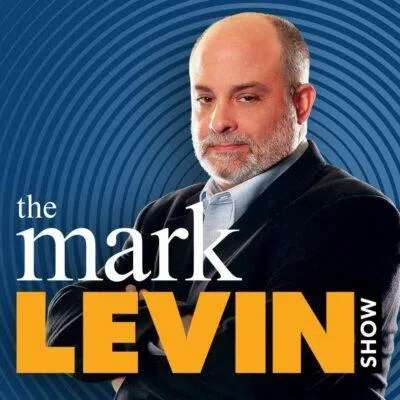OLYMPIA, Wash. – Everyone is weighing in on the budget proposals from state House and Senate Democrats that look to spend close to $80 billion over the next two years.
On the opposite side of the aisle, legislative Republicans have staked out strong opposition to the spending plans.
“It is an awfully troubling direction that the House and Senate majorities would take us in,” House Minority Leader Drew Stokesbary, R-Auburn, told reporters Tuesday.
Senate Democrats are looking to spend around $78.5 billion in the 2025-27 biennium, with House Democrats coming in at about $77.8 billion in their two-year proposal.
While they say they have made some cuts to close a projected multi-billion-dollar deficit, Democratic budget leaders argue new revenue through taxes on the wealthy and raising the cap on property taxes is necessary to maintain crucial state services.
“Some will say that we cannot afford to continue recent investments in Washington and Washingtonians,” House Appropriations Committee Chairman Timm Ormsby, D-Spokane, said Monday. “We say that we cannot afford not to continue those investments.”
But Republicans argue the revenue proposals go beyond wealthy people and businesses.
“These taxes are going to be a disaster for businesses and individual Washingtonians alike, and make surviving in Washington, whether you’re an individual, a family or a business, extraordinarily hard,” said Senate Minority Leader John Braun, R-Centralia.
The Association of Washington Business agreed. The business group argued the state is currently spending too much money with little return and the proposed taxes will stifle business growth and job creation.
“This is an innovative state,” said Max Martin, the group’s Director of Tax and Fiscal Policy. “We need to get back to creating more opportunities and attracting businesses to come here, rather than push them away.”
On education spending, the Washington Education Association has a mixed reaction to the Democratic proposals. President Larry Delaney said the group is disappointed in proposed cuts to higher education funding.
“We see a budget that is going to discourage students from going to school if they’re being asked to pay more for less,” he said. “The fact that students are likely to graduate with more debt is also something that’s not acceptable to us.”
On the other hand, Delaney said the proposed tax on certain financial assets of wealthy people was “appealing” as more revenue is needed to fund state services like education and health care.
He welcomed the Democratic proposals containing increased funding for K-12 materials and operating costs and special education.
“This increased funding makes a difference for our most marginalized students,” he said. “It provides additional resources and it also provides relief for school districts who are struggling financially as well.”
Legislative Republicans took issue with the amount of funding provided in the proposals to create a police hiring grant program highlighted as a priority by Governor Bob Ferguson.
House Democrats allocated $50 million over four years, while Senate Democrats did not include any funding in their budget.
“Right now, the Democrats are falling significantly short of even the governor’s request on that matter,” said Rep. Travis Couture, R-Allyn. “And who knows, maybe he will follow through on his word and veto either of those budgets for not including that $100 million dollars.”
Both budget proposals are set to be voted out of their respective committees on Thursday. The Senate proposal is currently slated for a floor vote on Saturday, while the full house will vote on their proposal next Monday.
From there, the two chambers will have to establish a conference committee and reconcile their differences in order to get one budget out of the legislature and over to the governor for his consideration.
Albert James is a television reporter covering state government as part of the Murrow News Fellowship program – a collaborative effort between news outlets statewide and Washington State University.
COPYRIGHT 2025 BY KXLY. ALL RIGHTS RESERVED. THIS MATERIAL MAY NOT BE PUBLISHED, BROADCAST, REWRITTEN OR REDISTRIBUTED.



